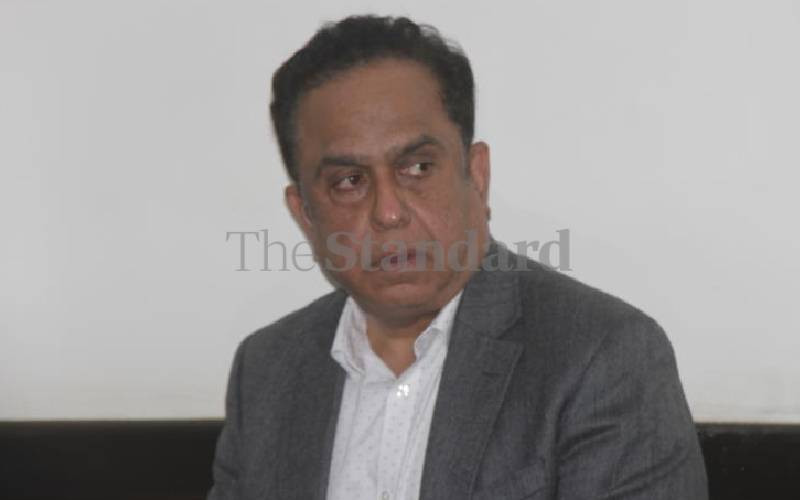×
The Standard e-Paper
Join Thousands Daily

Kenyans were pleasantly surprised when it was announced in January 2024 that runaway business mogul Yagnesh Devani had been extradited from the United Kingdom to face criminal charges over economic crimes.
They would, however, be treated to a rude shock, when the fugitive alleged to have been the mastermind of the Sh7.6 billion Triton oil scandal in 2008 was set free last week, barely 10 months after his repatriation.